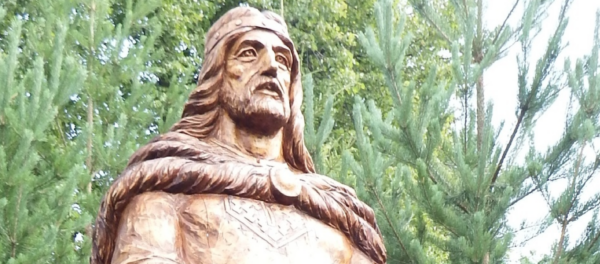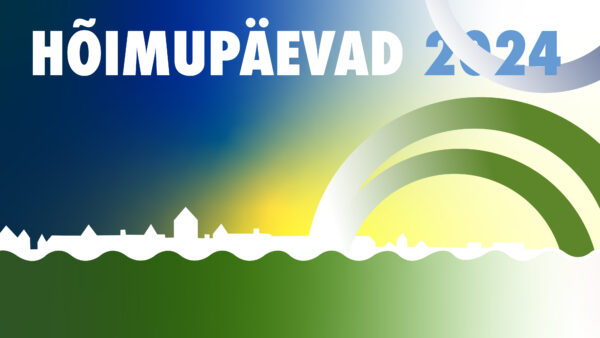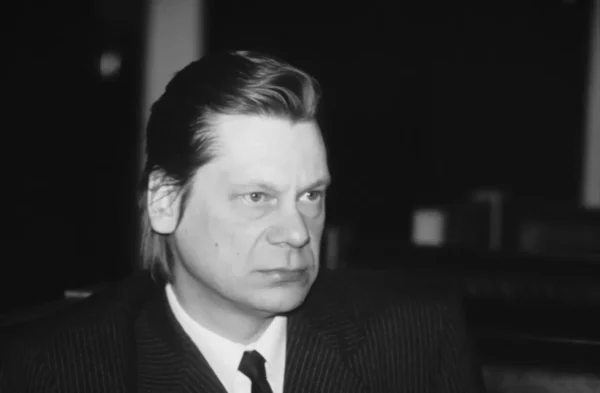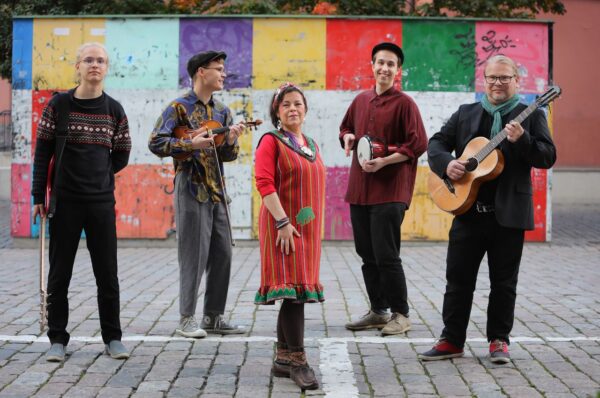In memoriam Arnold Rüütel (1928-2024)
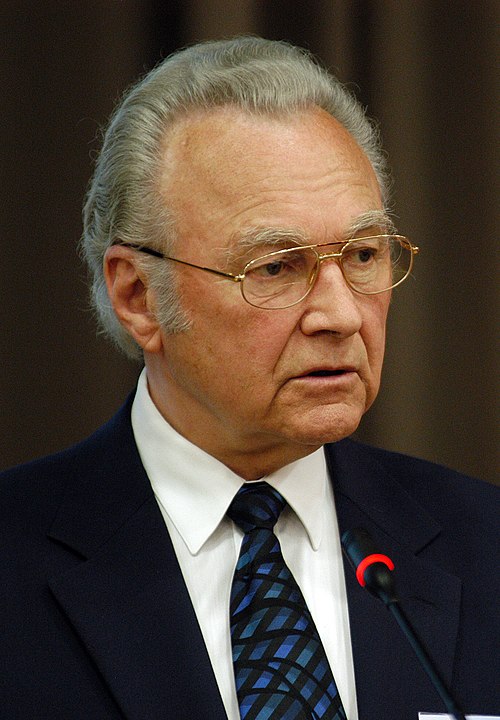
The deceased President of the Republic of Estonia will go down in the history of our country as a statesman who was one of the main leaders of Estonia’s bloodless process of regaining independence. In addition, he was a leader in many fields, both as an agriculturalist and as a conservationist. What is less well known is that President Arnold Rüütel was a great friend and supporter of the Finno-Ugric peoples. Many consider this to be primarily due to the influence of Ingrid Rüütel, his wife, who was a folklorist, but reflecting on conversations with people associated with Fenno-Ugria, it must be admitted that Rüütel himself also attached great importance to the issues of Finno-Ugric peoples and support for them. This probably began during the Soviet era, when, as Rector of the then Estonian Academy of Agriculture (1969-1977), he made it possible for the children of Hungarian clergymen living in Transcarpathia to enter higher education, who were denied it in the Ukrainian SSR.
With the restoration of Estonia’s independence, the local kindred movement became more active, associations cooperating with Finno-Ugric peoples were founded and Kindred Peoples’ Days started to be organised again. It was very important for the leaders of the state to take part in these events, and this was also understood by the then Chairman of the Presidium of the Supreme Soviet of the Republic, Arnold Rüütel, who took part in the main event of the Kindred Peoples’ Days in Kinomaja in 1990 and thanked the organisers in his speech. In October 1991, however, Rüütel, Chairman of the Presidium of the Supreme Soviet of the Republic of Estonia, received a delegation of organisers and guests of the Kindred Peoples’ Days in Kadriorg. During this visit, Arnold Rüütel was also handed over the papers on which the signatures of more than 800 representatives of the Mari people had been collected in July and August in support of the restoration of the independence of the Republic of Estonia.
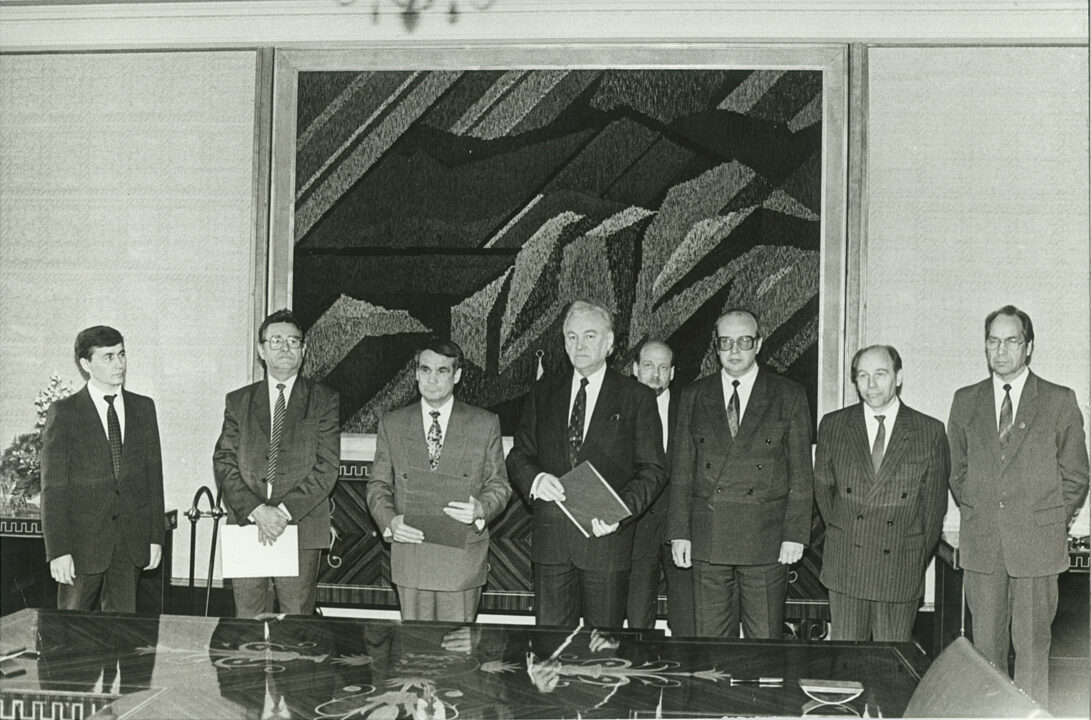
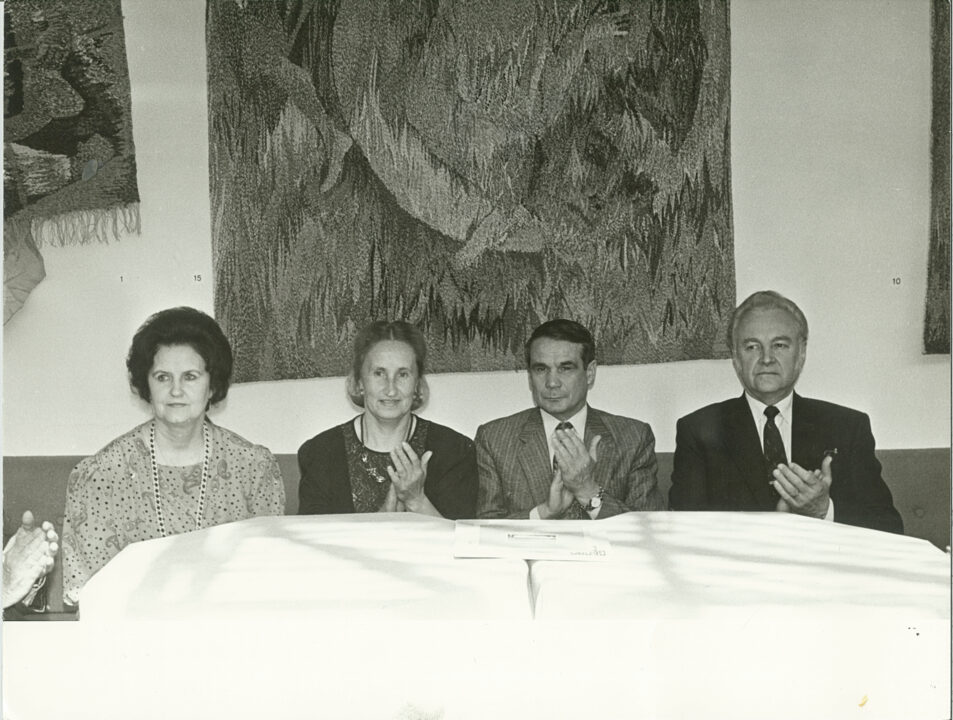
In May 1992, Arnold Rüütel received Vladislav Zotin, President of the Republic of Mari El, who was treated like a real head of state. Arnold Rüütel said let him feel what it was like to be the leader of a country: it would certainly raise the visitor’s national self-confidence. During the visit, a wide-ranging cooperation agreement between the Republic of Estonia and the Republic of Mari El was signed on 24 May, focusing on economic issues, but also offering opportunities for cooperation in the cultural and educational spheres, with particular attention paid to the preparation of a national intelligentsia. The agreement created favourable conditions for Mari students to study in Estonia. Already in the autumn of 1992, 30 Mari students entered our higher education institutions. It was not until 1996 that Arnold Rüütel’s return visit to Mari El became a reality, when, as Deputy Speaker of the Riigikogu, he led a delegation from the Riigikogu to Mari El. As far as is known, no other member of the Board of the Riigikogu has before or since visited Finno-Ugric peoples living in the Russian Federation.
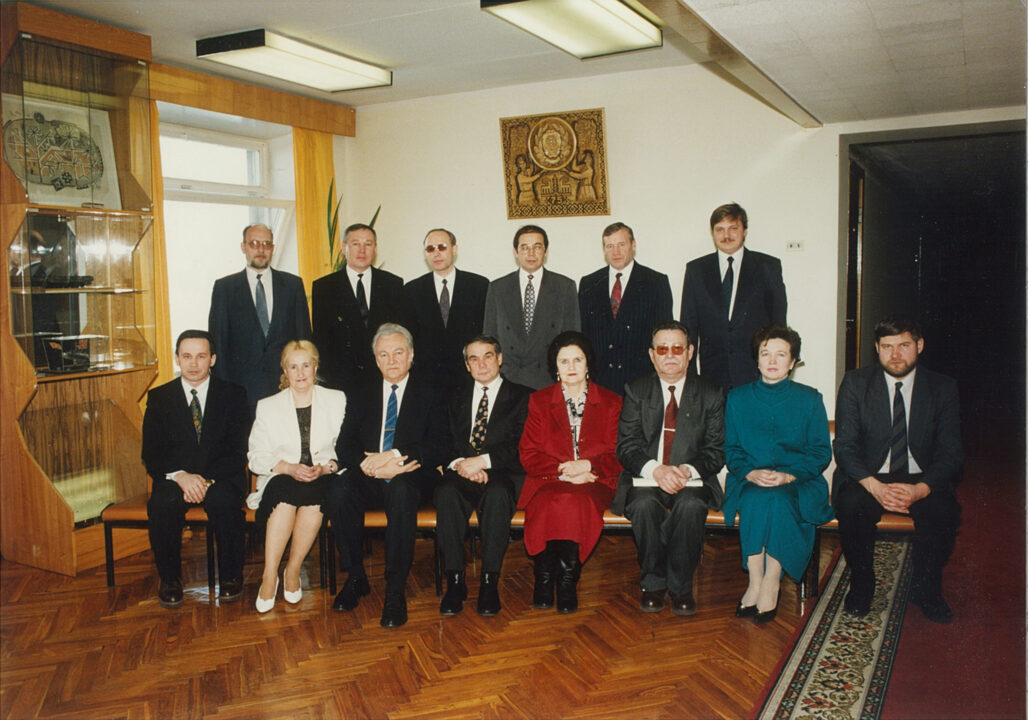
Back row from left: Advisor to the Deputy Speaker of the Riigikogu Toomas Kork, Minister of Foreign Trade Nikolai Gavrilov, Member of the Riigikogu Viktor Andreyev, Deputy Prime Minister Yevgeny Epin, Minister of Education Gennady Mustayev, Jaak Prozes, Director of Fenno-Ugria Foundation.
Seated from left to right: Mari Zoja Zotina, wife of the President of the Republic, Arnold Rüütel, Deputy Speaker of the Riigikogu, Vladislav Zotin, President of the Republic, Ingrid Rüütel, Nikolai Rõbakov, State Secretary, Galina Ivanova, Deputy Minister of Culture, Mart Nutt, Member of the Riigikogu.
At the plenary session of the Third World Congress of Finno-Ugric Peoples in Helsinki in 2000, Arnold Rüütel gave a speech on behalf of the Estonian people.
In October 2001, when he became President of the Republic of Estonia, he made one of the first speeches of his term of office at the opening of the Kindred Peoples’ Days. In his speech he said: ‘Identity-less peoples are a mass that can be manipulated by global economic and political power. [-] In order to preserve and recognise the uniqueness of Finno-Ugric peoples, our cooperation must also evolve. [-] But as independent nation states, we also have obligations to our own tribes.’
In his relations with the Finno-Ugric peoples, Arnold Rüütel was direct and benevolent. He was interested in the stories and concerns of these people. He was also interested in the Finno-Ugric peoples in general, and in particular how Finno-Ugric students studying in Estonia were faring. Together with his wife Ingrid Rüütel, Arnold Rüütel did not hesitate to attend Kindred Peoples’ Day concerts and the anniversaries of the Estonian Mari Society, the Estonian Mordvin Cultural Society or national holidays. The assimilation of the Finno-Ugric peoples of Russia has been a frequent topic of conversation, and Arnold Rüütel has expressed the idea that more Finno-Ugric people could come to Estonia.
One of his ideas in the early 1990s was the creation of an Inger buffer zone for the Ingric Finns living in the Russian Federation, which was to be located in the former Estonian-Ingric territory. The Finno-Ugric peoples have lost a good and understanding friend, who considered the support of the Finno-Ugric peoples very important and whose contribution to the cooperation between the Finno-Ugric peoples is invaluable.
Deep condolences to Ingrid Rüütel.
